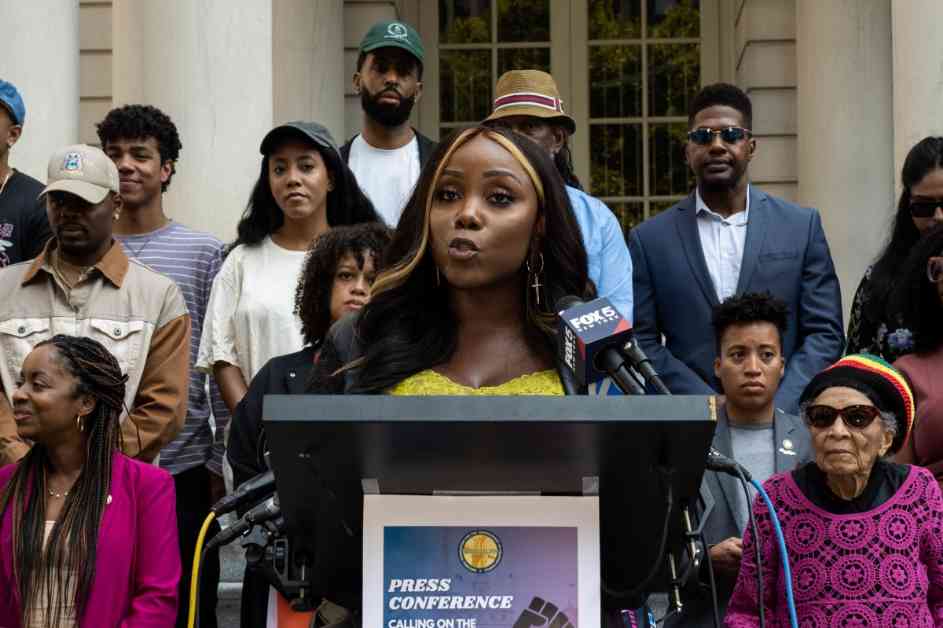The New York City Council made a significant move on Thursday by passing a set of bills aimed at addressing the impact of slavery in the city and promoting racial justice for African descendants living in New York. The bills were sponsored by various council members, with Council Member Farah Louis sponsoring Intro 279-A, which calls for the Commission on Racial Equity to study the effects of slavery in New York City and explore potential reparative actions.
The historical significance of these bills was highlighted by a gathering of elected officials, community leaders, and advocates at City Hall, which was built by enslaved Africans. While many people associate slavery with the American South, New York City had one of the highest rates of slave ownership in the 1700s. A slave market even operated on Wall Street, between Pearl and Water streets, from 1711 to 1762. Despite the abolition of slavery in 1827, Wall Street continued to profit from the illegal international trade of enslaved Africans.
Public Advocate Jumaane Williams emphasized the importance of recognizing the city’s history of slavery and segregation, pointing out that New York City remains one of the most segregated cities in the nation. Another bill sponsored by Williams, Intro. 833, requires the installation of a historical marker at the correct site of the city’s first open-air slave market, correcting a previous mistake made in 2015.
Council Member Nantasha Williams highlighted that the legislation is not only about reparations but also about preserving history. She sponsored Intro. 471, which establishes a task force to create a citywide freedom trail, including one in Lower Manhattan. Council Member Crystal Hudson sponsored Intro 242-A, which mandates the creation of a Truth, Healing, and Reconciliation Process by CORE to address the ongoing harm caused by slavery in Black and Brown communities.
The significance of these bills was further underscored by the fact that New York State has already taken similar steps towards reparations. Governor Kathy Hochul signed a bill in December establishing the “New York State Community Commission on Reparations Remedies,” creating a statewide task force on reparations. State Senator James Sanders Jr. and Assembly Member Michaelle Solages, who sponsored the bill at the state level, joined their local colleagues for the momentous vote.
Sanders emphasized that the legacy of slavery is still felt today, pointing out that enslaved Black people built Wall Street and were later given land north of Wall Street. This history underscores the ongoing relevance of reparations in addressing the injustices faced by Black and Brown communities. The passage of these bills represents a significant step forward in acknowledging and addressing the impact of slavery in New York City.



